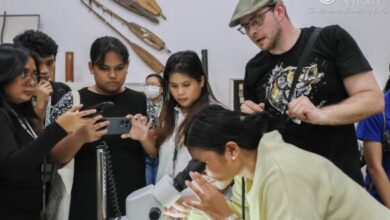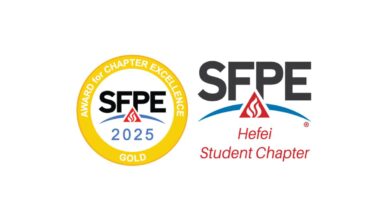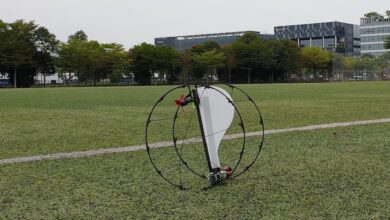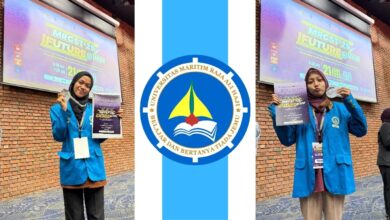Developing and Validating a Student Feedback Literacy Scale

Although the importance of investigating the enabling role of student feedback literacy has been widely covered in the literature, a measurement instrument is still lacking. A study by Dr Jane Zhan Ying, Assistant Professor at the Department of Curriculum and Instruction, The Education University of Hong Kong, used a construct validation approach to validate the self-developed student feedback literacy scale, with two types of examinations: within- and between-network examinations. Within-network examinations use reliability and confirmatory factor analyses (CFAs) to explore the dimensional structure of the scale. Between-network examination performs correlation analyses to investigate the correlation between the scale and other constructs theoretically related to the scale.
Previous research has found that at the very beginning of the feedback process, students must actively elicit feedback from others; comprehend the feedback received, judge its quality and extract information to enable subsequent action; and take actions to revise their work. Feedback can help them better understand their learning by identifying their learning strengths and weaknesses from the perspectives of others, learning from others, and enhancing their self-reflection. They must be emotionally ready to engage with feedback (readiness to engage). And they must devote their time and effort to making changes in their learning and strive to continuously improve by conquering difficulties and finding extra support or resources. Based on the literature review, the author constructed six dimensions of student feedback literacy: three related to the students’ capacity to elicit, process and enact feedback; and three related to the students’ disposition in terms of appreciation of feedback, readiness to engage and commitment to change.
In this study, the author issued the developed 24-item student feedback literacy questionnaire to 555 university student participants in mainland China to validate the scale. Both confirmatory factor analysis and multi-group confirmatory factor analysis showed that the scale was valid and that its structure was stable among students of different genders and in different majors. The between-network analysis presented a significant correlation between the six dimensions of student feedback literacy and students’ intrinsic and extrinsic learning motivation.
Future studies could use the validated scale in this study to capture its temporal changes or explore the complex relationships between student feedback literacy and its influencing factors. It will enable higher-education teachers to systematically analyse student feedback literacy, such as the critical development period and possibly unbalanced development. This will help teachers reflect on their current feedback practices to see whether they create conditions conducive to the development of targeted aspects of student feedback literacy and what measures they can apply to facilitate its development.
To learn more about the study, please click here.




